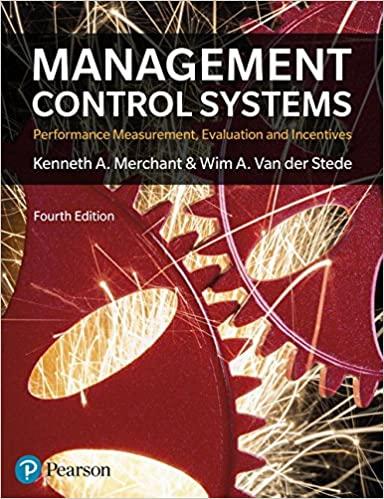Question
2. The U.S. (either Federal, state, or local) does not impose: a. Franchise taxes. b. Severance taxes. c. Occupational fees. d. Custom duties. e. Export
2. The U.S. (either Federal, state, or local) does not impose:
a. Franchise taxes.
b. Severance taxes.
c. Occupational fees.
d. Custom duties.
e. Export duties.
5. Regarding proper ethical guidelines, which (if any) of the following is correct?
a.The use of client estimates in preparing a return may be acceptable.
b. Under no circumstances should a question on a tax return be left unanswered.
c. If a client has made a mistake in a prior years return and refuses to correct it, you should withdraw from the engagement.
d. If the exact amount of a deduction is not certain (e.g., around mid-$600s), it should be recorded as an odd amount (i.e., $649) so as to increase the appearance of greater certainty.
e. None of these.
6. Which, if any, of the following provisions of the tax law cannot be justified as promoting administrative feasibility (simplifying the task of the IRS)?
a. Penalties are imposed for failure to file a return or pay a tax on time.
b. Prepaid income is taxed in the year received and not in the year earned.
c. Annual adjustments for indexation increases the amount of the standard deduction 3 allowed.
d. Personal casualty losses in Federally-declared disaster areas must exceed 10% of AGI to be deductible.
e. A deduction is allowed for charitable contributions.
7. Tax functions that accounting and finance professionals may assist clients with include all but the following:
a. Tax compliance
b. Tax planning.
c. Cash management to ensure timely payment of taxes.
d. Tax evasion.
11. Both economic and social considerations can be used to justify:
a. Favorable tax treatment for accident and health plans provided for employees and financed by employers.
b. Disallowance of any deduction for expenditures deemed to be contrary to public policy (e.g., fines, penalties, illegal kickbacks, bribes to government officials).
c. Various tax credits, deductions, and exclusions that are designed to encourage taxpayers to obtain additional education.
d. Allowance of a deduction for state and local income taxes paid.
e. None of these.
Step by Step Solution
There are 3 Steps involved in it
Step: 1

Get Instant Access to Expert-Tailored Solutions
See step-by-step solutions with expert insights and AI powered tools for academic success
Step: 2

Step: 3

Ace Your Homework with AI
Get the answers you need in no time with our AI-driven, step-by-step assistance
Get Started


